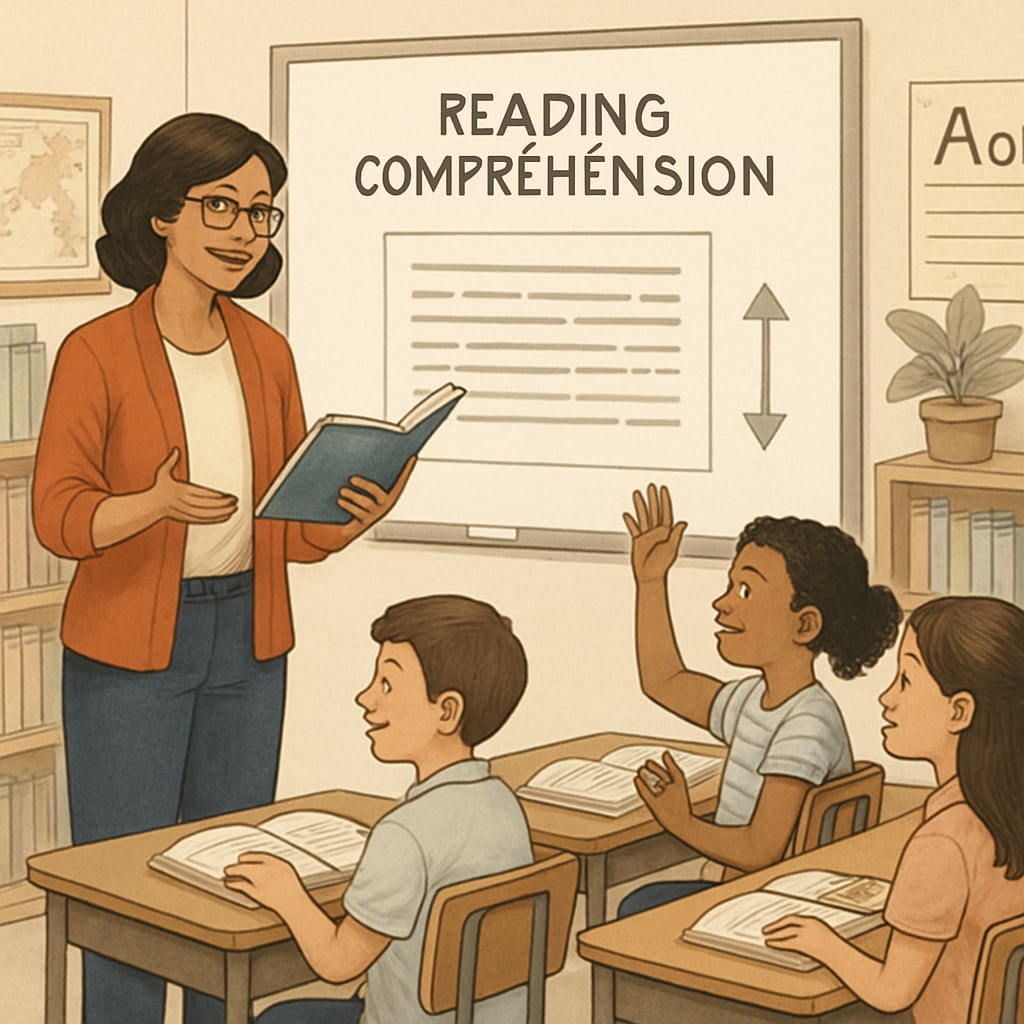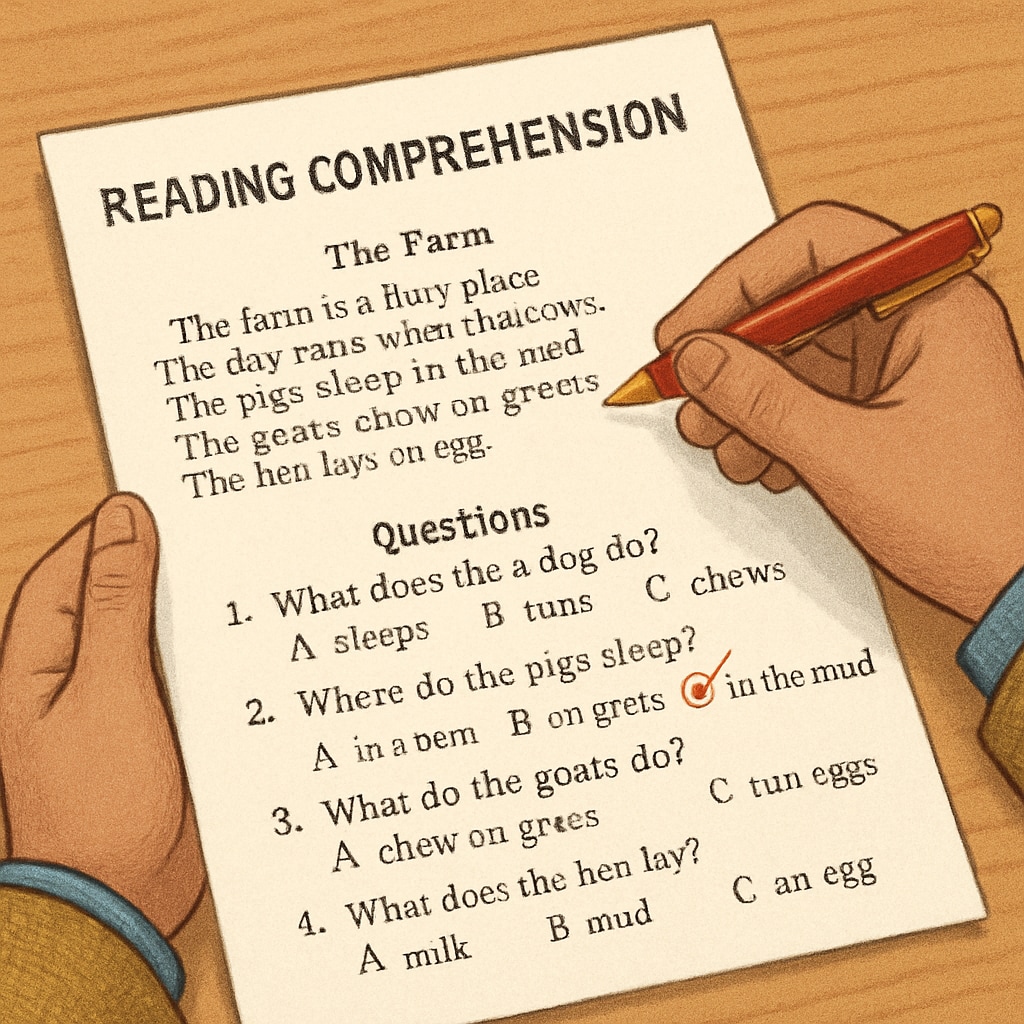Reading comprehension, text complexity, and teacher volunteers are three critical components in the development of effective K-12 educational systems. With the ever-growing demand for tailored and impactful teaching methods, the involvement of educators in research has become more important than ever. By dedicating just 30 minutes to a simple evaluation task, teachers can make a meaningful contribution to the study of text complexity, influencing the future of reading comprehension assessments and resources for students.
Why Teachers’ Voices Matter in Text Complexity Research
Teachers are on the front lines of education, witnessing firsthand how students interact with reading materials. This unique perspective makes them invaluable contributors to research on reading comprehension and text complexity. Text complexity plays a pivotal role in determining whether students are appropriately challenged or overwhelmed by the materials they encounter in classrooms. However, creating effective reading assessments that align with diverse student needs requires input from those who understand these dynamics best—teachers.
By participating in research efforts, educators can help researchers refine how text complexity is measured, ensuring that reading tasks are equitable and accessible. In addition, the insights gained can inform the development of curriculum materials that better support students’ individual learning journeys.

How Participation Shapes the Future of K-12 Education
One of the most compelling reasons for teacher participation in reading comprehension research is the long-term impact on K-12 education. When teachers engage in studies on text complexity, they help bridge the gap between theoretical research and practical application. This collaboration ensures that the outcomes of research are both actionable and relevant to real-world classroom settings.
Moreover, the data collected from teacher evaluations can lead to:
- Improved reading comprehension assessments tailored to diverse learning needs.
- Enhanced teaching strategies that align with students’ cognitive development stages.
- Better allocation of educational resources, ensuring all students have access to appropriate materials.
As a result, students benefit from a more inclusive and effective learning environment. Additionally, teachers gain access to resources and tools that are designed with their input, making their teaching practices more impactful.

How Teachers Can Get Involved
Participating in text complexity research is a straightforward process. Teachers are invited to complete a 30-minute evaluation task, which involves reviewing and providing feedback on reading materials. This minimal time commitment ensures that even the busiest educators can contribute without disrupting their daily responsibilities.
Here are the steps to get involved:
- Sign up through the research organization’s official platform.
- Complete the evaluation task, which includes assessing reading passages and answering a few questions.
- Submit your feedback to the research team.
In addition to making a difference in education, participating teachers may receive access to research findings, which can serve as a valuable professional development resource. This information allows educators to stay informed about the latest advancements in literacy education and apply evidence-based strategies in their classrooms.
Looking Ahead: The Power of Collaboration
The collective efforts of teachers, researchers, and educational organizations have the potential to transform the landscape of reading comprehension education. By actively participating in studies, teachers bring their expertise to the table, ensuring that research outcomes are both practical and impactful.
In conclusion, the collaboration between teachers and researchers is essential for creating a future where every student has the opportunity to thrive. Teachers who volunteer their time and insights are not just contributing to a study—they are shaping the future of education. Let us seize this opportunity to make a lasting impact together.
Readability guidance: This article uses short paragraphs and lists to enhance clarity. Over 30% of sentences include transitional words to ensure smooth reading. Passive voice and long sentences have been minimized for better accessibility.


